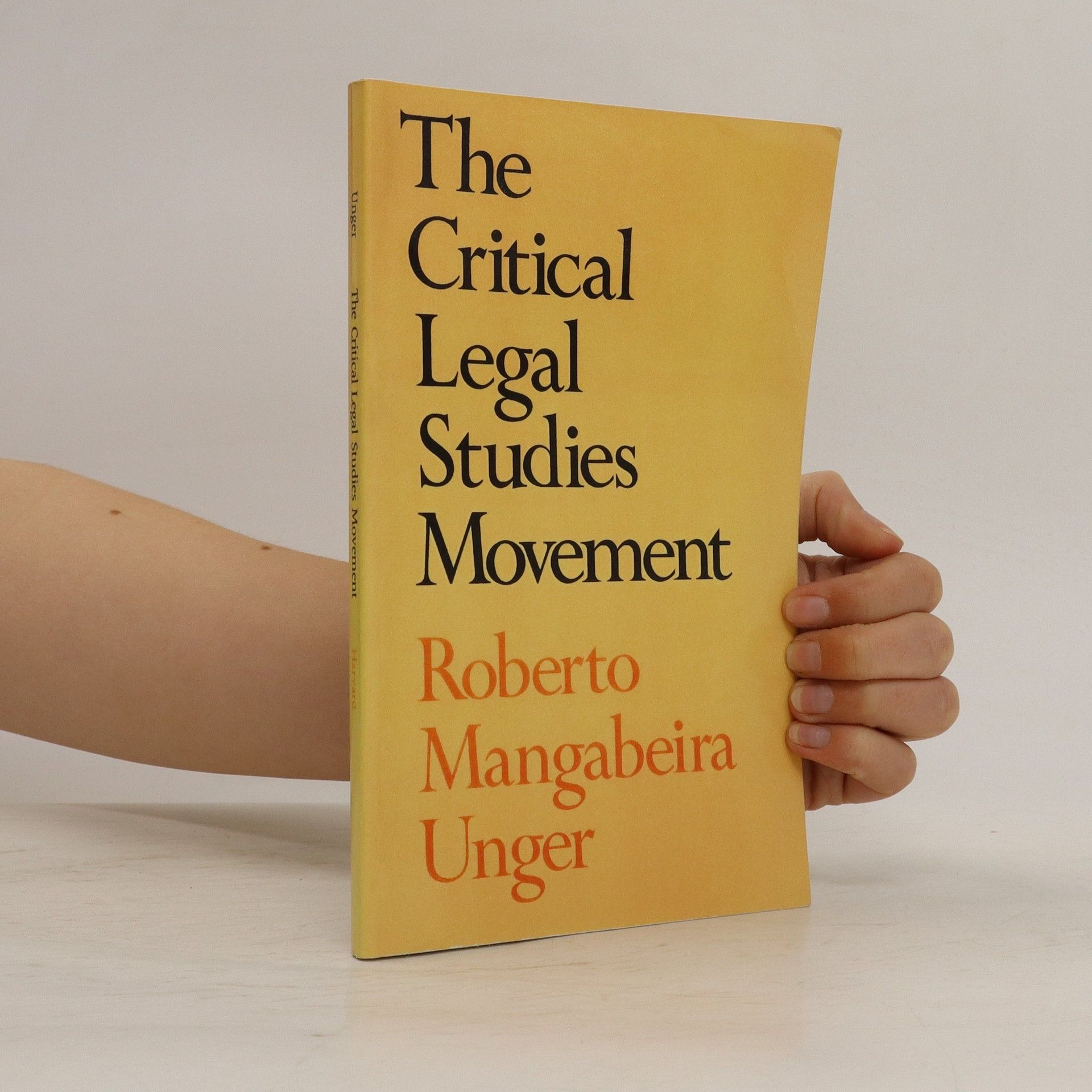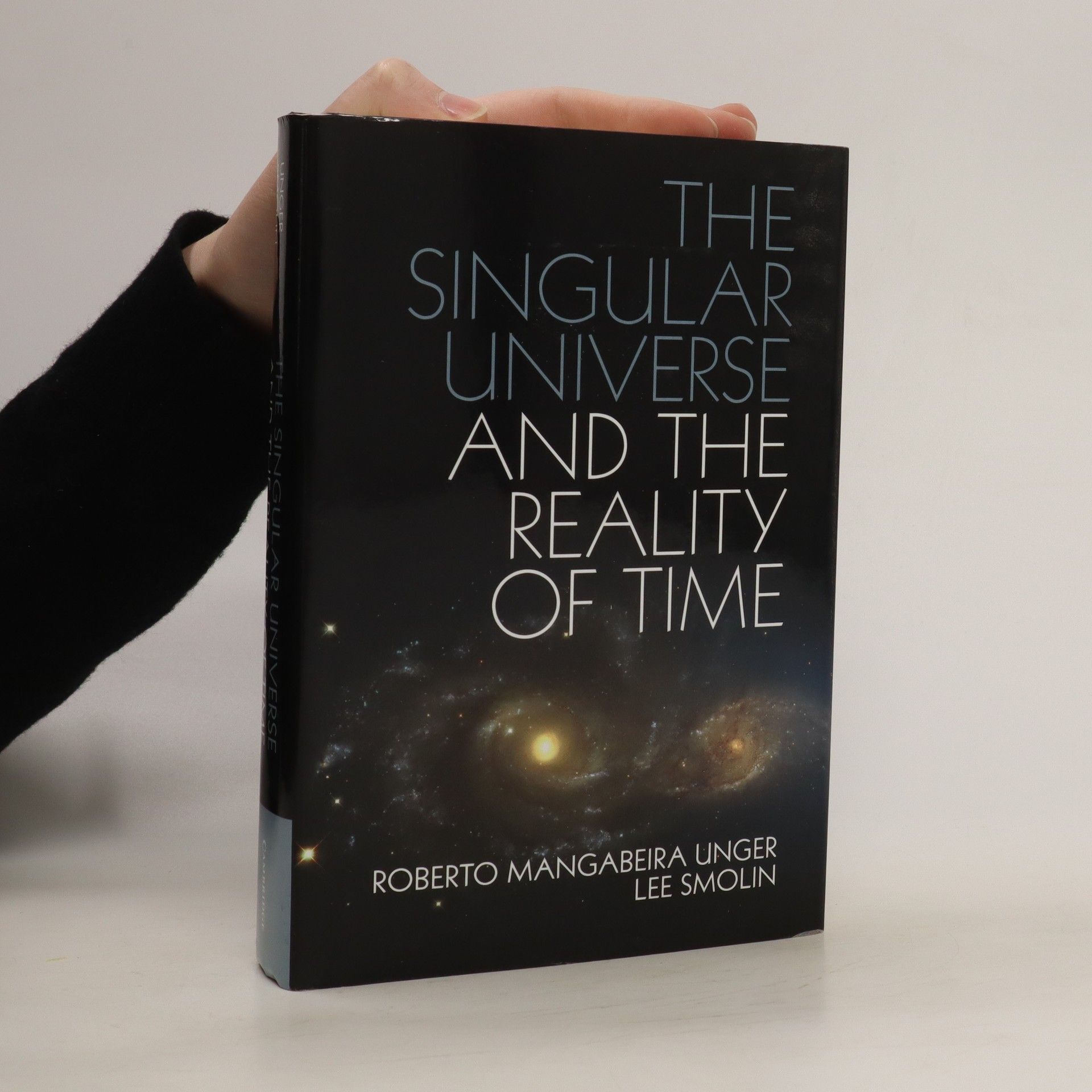Humanity faces grave dangers that can be avoided only by international cooperation.
Roberto Mangabeira Unger Livres
Roberto Mangabeira Unger est un philosophe et homme politique dont les œuvres abordent la théorie sociale, politique et économique. Au cœur de sa pensée se trouve l'idée que l'humanité est plus grande que les contextes dans lesquels elle est placée, chaque individu possédant la capacité d'atteindre une vie meilleure. Il soutient que le monde social est façonné et imaginé, affirmant qu'aucun arrangement naturel ou nécessaire ne sous-tend la vie sociale, politique ou économique. Unger considère les institutions sociales comme des artefacts historiques qui devraient rester ouverts à l'expérimentation et à la révision pour autonomiser les individus et les collectifs. Son travail offre une vision de l'humanité et un programme pour sa libération.






A new philosophy of religion for a secular world How can we live in such a way that we die only once? How can we organize a society that gives us a better chance to be fully alive? How can we reinvent religion so that it liberates us instead of consoling us? These questions stand at the center of Roberto Mangabeira Unger’s The Religion of the Future: an argument for both spiritual and political revolution. It proposes the content of a religion that can survive without faith in a transcendent God or in life after death. According to this religion—the religion of the future—human beings can be more human by becoming more godlike, not just later, in another life or another time, but right now, on Earth and in their own lives. They can become more godlike without denying the irreparable flaws in the human condition: our mortality, groundlessness, and insatiability.
The singular universe and the reality of time : a proposal in natural philosophy
- 543pages
- 20 heures de lecture
Roberto Mangabeira Unger and Lee Smolin argue for a revolution in our cosmological ideas. Ideal for non-scientists, physicists and cosmologists.
The civil rights and feminist movements of the sixties did not leave legal theory untouched. Over the following two decades, the critical legal studies movement—led by the Brazilian philosopher, social theorist and politician Roberto Unger—sought to transform traditional views of law and legal doctrine, revealing the hidden interests and class dominations in prevailing legal frameworks. It remains highly influential, having spawned more recent movements, including feminist legal studies and critical race theory. The Critical Legal Studies Movement develops its major ideas, showing how laws and legal discourse hide the social inequalities and political biases that so interest philosophy and revolutionary politics.
Cosmology is in crisis. In this book, philosopher Roberto Mangabeira Unger and physicist Lee Smolin, world-renowned for their radical ideas in their fields, argue for a revolution in our cosmological ideas. The book is readily accessible to non-scientists as well as to the physicists and cosmologists whom it challenges.
Leidenschaft
- 301pages
- 11 heures de lecture
